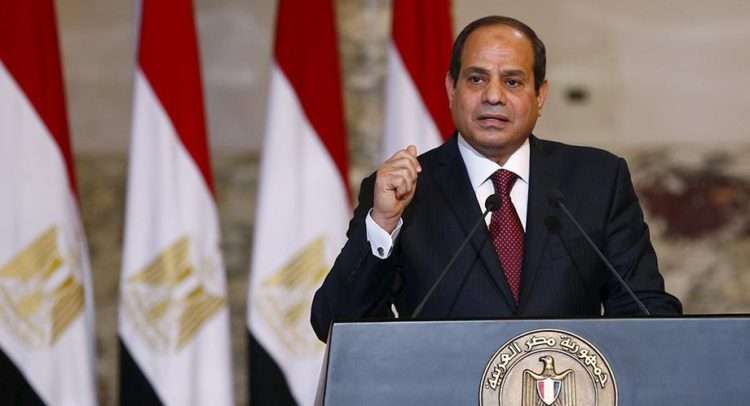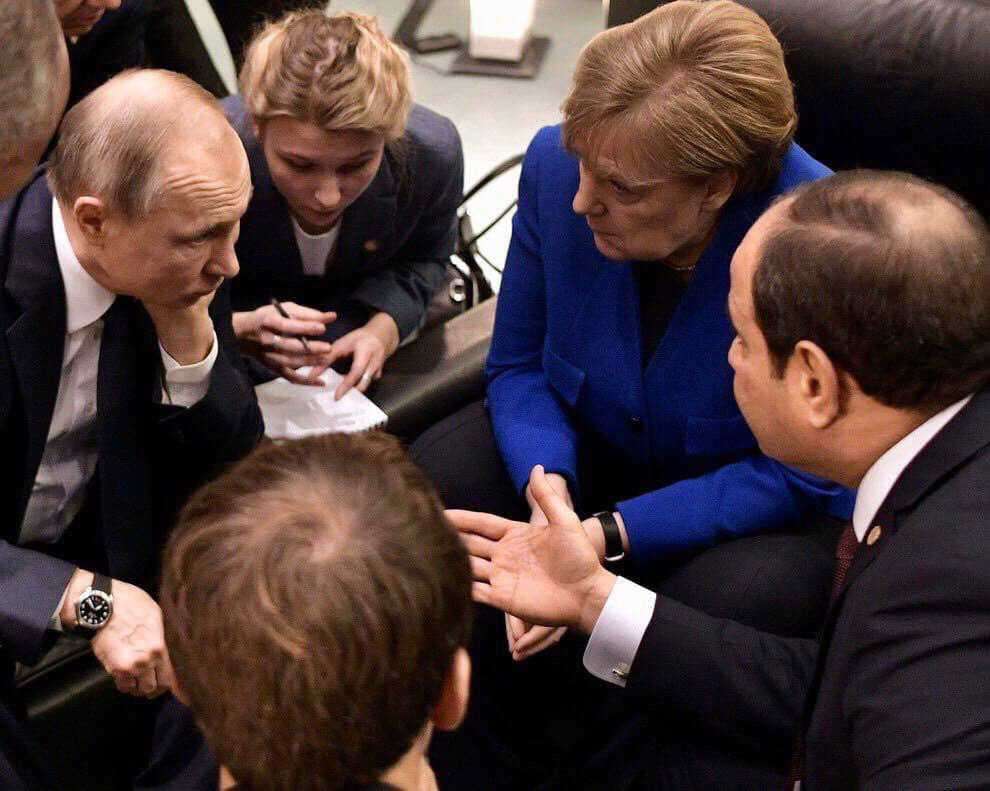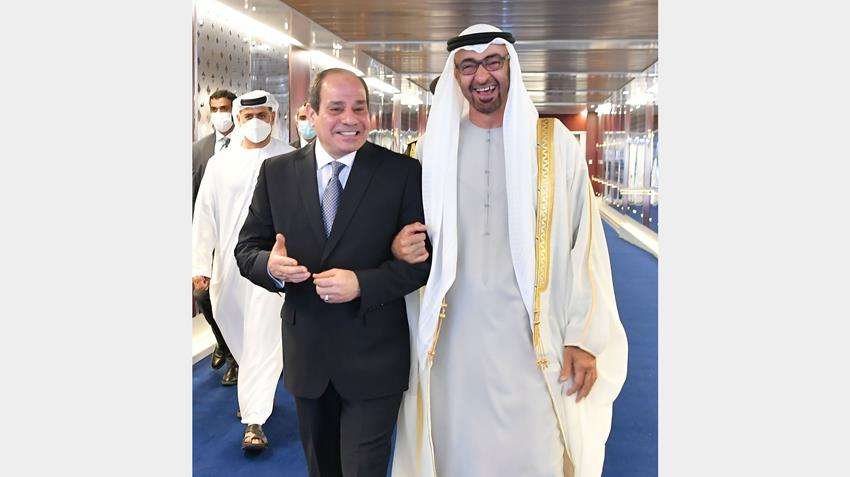Tomorrow, Wednesday, June 8, Egypt will celebrate the eighth anniversary of the inauguration of President Abdel Fattah El Sisi as president, who was able to pull Egypt out of its repression after a bitter year of rule by the terrorist Muslim Brotherhood.
Sisi came to write a new era for Egypt after it lived through three lean years, starting with the events of January 25, 2011, passing through the rule of the Muslim Brotherhood 2012-2013, with which Egypt retreated a lot, in terms of stability, regional and international role, and even in several areas.

As the Egyptians knew him as brave and loving his country, Sisi was able, during a period of 8 years, to move Egypt to a more developed, more stable and present stage at all international levels, in addition to achieving a set of achievements that would not have been achieved without patience and faith in the values of the homeland.
One of the most important risks that were facing the country during the Brotherhood era (2012-2013) was the decline of Egypt’s great role at all Arab, regional and international levels, particularly within the African continent, which did not last long after Sisi assumed power in 2014.
In a few years, Egypt was able to recover its natural position and its leading role, especially at the regional and international levels. Egypt had an important role in supporting development and stability efforts and maintaining the unity of friendly and non-friendly countries. Egypt also had honorable positions on a number of regional and international issues.
Tarek Al-Bardisi, an expert in international relations, told Sada El-Balad Arabic website that Sisi has achieved many successes during the past eight years and has worked to improve international relations remarkably.
Al-Bardisi explained that Sisi achieved the stability of the country and the cohesion of state institutions in light of the collapse of these institutions in every neighboring role. He is not the owner of one legitimacy, but multiple legitimacy.
He continued: The president has the revolutionary legitimacy on June 30, 2013, the constitutional legitimacy in 2014, and the legitimacy of the achievements he has already achieved on the ground, and this has not been achieved by a president before him.
He stressed that the countries of Europe, Africa, Asia and all global blocs worked to mix and strengthen their relations with Egypt, which is confidence in our new republic, pointing out: "Everyone is rushing to form relations with Egypt, as we saw in China, the USA, Africa, and recently Qatar and Turkey, and these are achievements that no one can deny."
[caption id="attachment_104518" align="aligncenter" width="990"] Sisi Talks to Russian President Putin and German Chancellor Merkel on Fringe of Berlin Conference on Libya[/caption]
Sisi Talks to Russian President Putin and German Chancellor Merkel on Fringe of Berlin Conference on Libya[/caption]
Al-Bardisi noted, "The world was affected as a result of the outbreak of the corona virus and the Russian-Ukrainian war, but Egypt achieved successes in the field of agriculture and was able to reclaim one million acres and cultivate them from wheat, in order to reduce the negative effects of the global problem."
Since Sisi assumed the presidency, Egypt has achieved great successes in the file of foreign relations, after Egypt suffered for lean years from difficulties and problems in this vital file, as a result of the difficult circumstances that Egypt witnessed during the period prior to his assumption of the presidency and ascension to the throne.
Egyptian foreign policy entered a new and brighter historical phase following Sisi's take over the reins of power in the country after winning the presidential elections in June 2014.

The intense activity carried out by Sisi, at the level of foreign policy and Egypt’s international relations until the eighth year of his assumption of responsibility, has resulted in strengthening Egypt’s regional and international position, and has contributed to achieving the state’s national interests in the strategic, political and economic fields; it has also contributed to achieving the requirements of Egyptian national security.
Over 8 years, the Egyptian-Gulf relations witnessed a strong boost under Sisi, which achieved further unification of common international visions and positions in various issues of the region, as well as strengthening aspects of cooperation in various economic, political and security fields, as well as discussing ways to combat terrorism.
The Egyptian foreign policy in the post-Brotherhood stage was active in many circles, including the Arab circle, especially its Gulf dimension. It also contributed to diplomatic efforts to resolve the Syrian crisis, as well as efforts to settle the Libyan crisis, and also contributed to efforts to support Yemeni legitimacy by participating in the Arab coalition to support legitimacy and Operation Decisive Storm and Restoring Hope.
It developed its relations with Iraq, and also continued to call for the revival of the Palestinian-Israeli peace process, and played a key role in communicating a cease-fire between Israel and Hamas in a region that is the hottest and the most difficult and historical file.
Egypt has restored a great deal of balance in its relationship with the major powers, through the continuation of the strategic relationship with the United States, and at the same time opened new horizons for relations with other major powers, such as Russia, China and the European Union.












